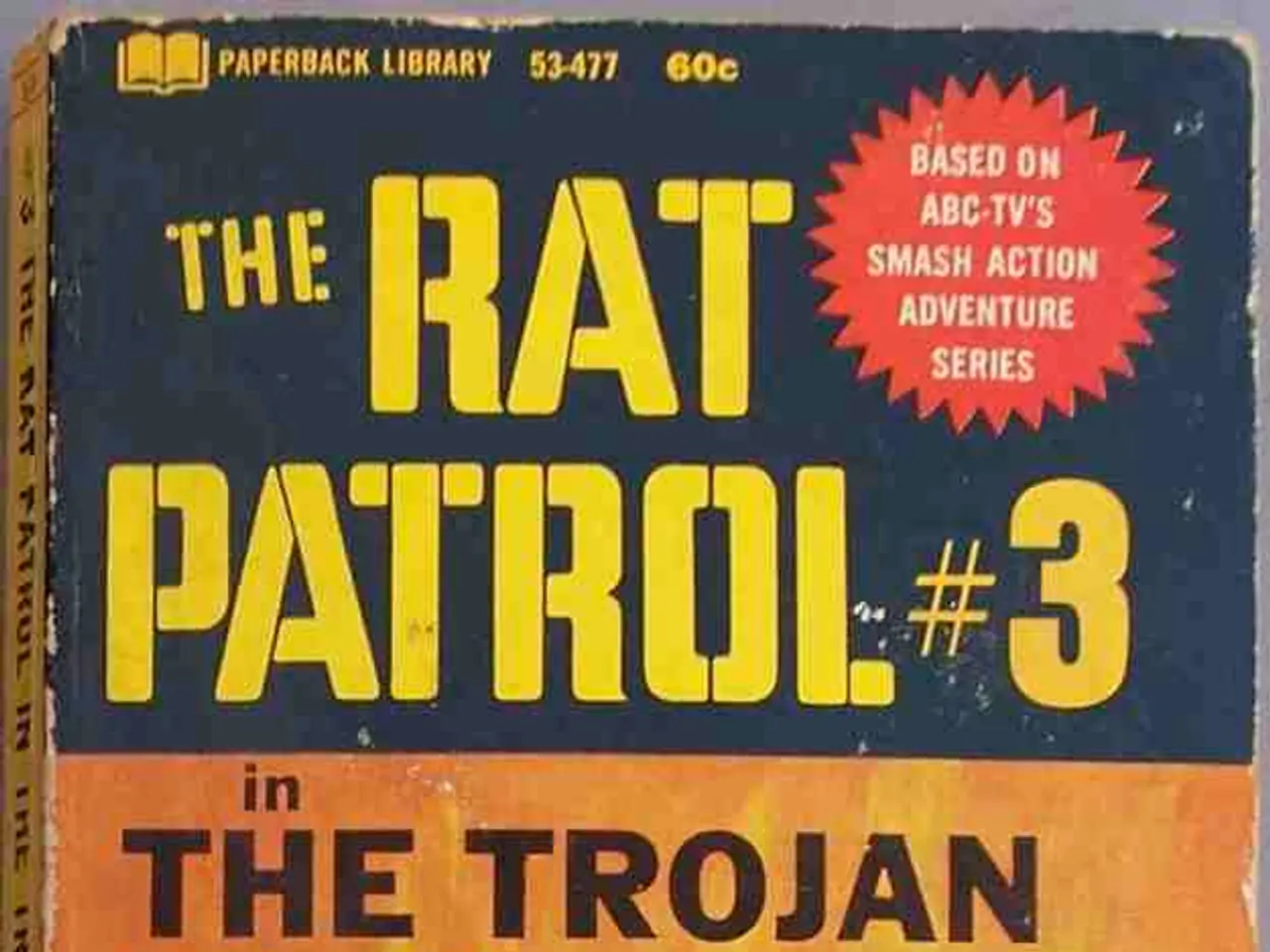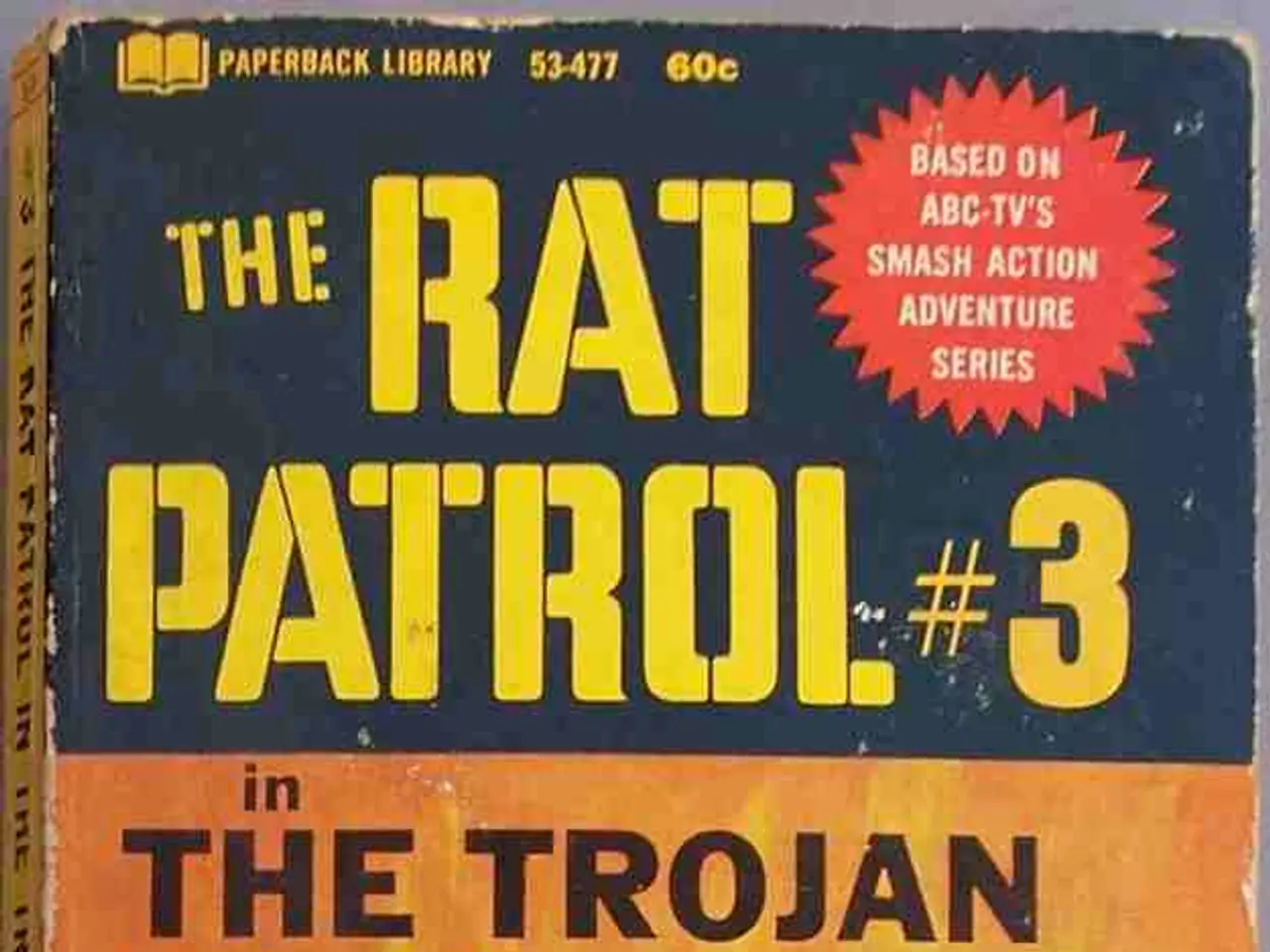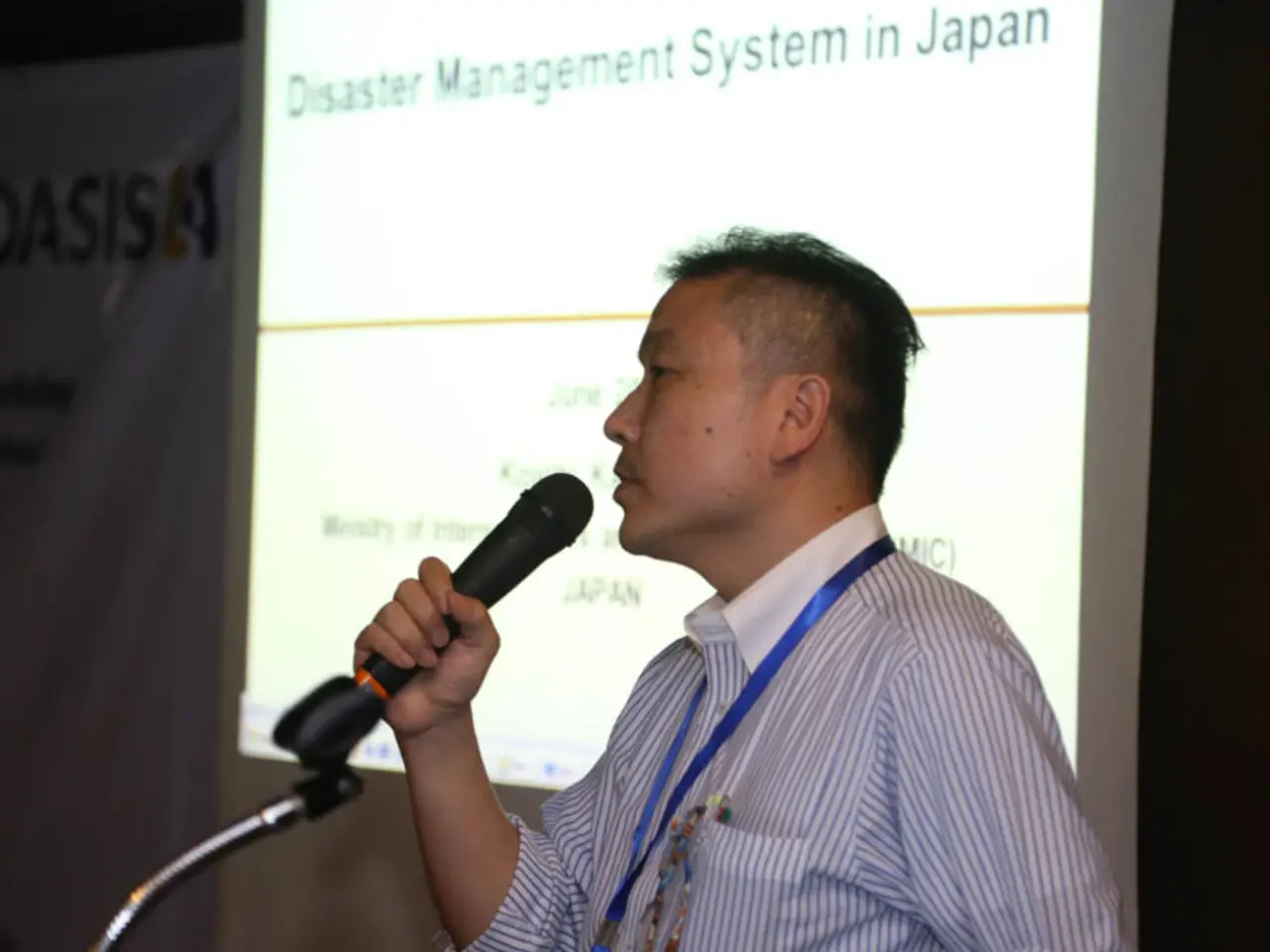"Missiles launched by Iran present a threat to Israel"
Welcome to our live coverage of the ongoing conflict between Israel and Iran.
Update: 6:30 PM CET - New Iranian rockets pose a significant challenge to Israel
Iran's military forces are now employing new types of rockets that pose new challenges to Israel's military forces. These rockets, reportedly including double-rocket systems and advanced missiles like the Sejil and the Fattah variant, are causing concern among Israeli defense officials due to their maneuverability, precision, and speed. These developments represent a potential game-changer in the broader Middle East conflict.
Update: 5:45 PM CET - Rocket attack on Beersheba Hospital
In a devastating turn of events, a rocket strike hit the Soroka Hospital in Beersheba, southern Israel. The hospital, which treats many soldiers wounded in Israel's military operations, has reported at least 32 injured, with two in critical condition.
Update: 4:50 PM CET - U.S. mulls over attack on Iran
According to a Bloomberg report citing unnamed sources, the U.S. is considering a possible attack on Iran in the near future. If such an attack were to occur, it would represent a significant escalation in the ongoing conflict. Both U.S. and Iranian officials have not commented on the report.
Update: 3:30 PM CET - Iran warns U.S. against military intervention
Iran's Deputy Foreign Minister, Majid Takht-Ravanchi, has warned the U.S. against intervening militarily, stating that Iran would retaliate against any American forces if they were to join the conflict.
Update: 2:15 PM CET - Germany offers support for Israel's actions
German Chancellor, Friedrich Merz, has expressed support for Israel's attacks on Iran, stating that Israel is conducting "dirty work" for others. Iran has complained about Merz's remarks and has summoned the German ambassador to express their displeasure.
Update: 1:00 PM CET - Israeli Prime Minister addresses the public
Israeli Prime Minister, Benjamin Netanyahu, has spoken to the Israeli public, expressing his gratitude for President Trump's support and reaffirming Israel's commitment to eliminating the nuclear threat from Iran and its ballistic missiles.
Update: 12:30 PM CET - Iranian Foreign Minister to meet with E3 Nations
Iranian Foreign Minister, Abbas Araghtchi, is expected to meet with French, German, and British foreign ministers on Friday in Geneva. The meeting is expected to focus on finding a diplomatic solution to the ongoing conflict.
Update: 11:15 AM CET - Putin offers to guarantee Iran's peaceful nuclear use
Russian President, Vladimir Putin, has proposed securing Iran's peaceful nuclear use to allay Israel's fears of a nuclear-armed Iran, suggesting it as a possible way out of the conflict. The decision, however, rests largely with Iran and Israel.
Stay tuned for updates as the situation continues to develop.
- Follow all previous developments here.
- Middle East conflict
- Israel war
- Israel
- Iran
- Iran conflict
- Iranian nuclear program
- Middle East
- Wars and conflicts
Insights:
Overview:
The deployment and use of advanced Iranian missiles, such as the Sejil and the Fattah, pose a significant challenge to Israel's defense systems. These missiles' fast speed, high precision, and maneuverability capabilities create a critical threat to Israel, contributing to increased tension and instability in the Middle East. The ongoing conflict between Iran and Israel has the potential to escalate further if the U.S. intervenes militarily or if either side fails to deescalate.
Capabilities of Iran's New Rockets:
- Sejil Missile: A super-heavy, surface-to-surface ballistic missile with a range of about 2,000 kilometers. It uses solid fuel for quicker launches and can maneuver throughout all stages of flight, making it difficult to intercept using conventional air defense systems.
- Kheibar Shekan and Fattah Variants: Iran has developed the Kheibar Shekan missile fitted with maneuverable re-entry vehicles, control fins, and satellite navigation for high precision and in-atmosphere maneuvering. A newer variant, the Fattah, can fly hypersonic, non-ballistic trajectories through the atmosphere.
- Cluster Warheads and Advanced Payloads: Iranian ballistic missiles reportedly employ cluster warheads designed to maximize damage over broader areas, though their use in combat against Israel has not been definitively confirmed.
- Range and Precision: Iran fields a broad missile arsenal ranging from short-range ballistic missiles (300-1,000 km) to medium-range ballistic missiles (MRBMs) capable of precision strikes. Many use solid propellant for rapid launch and are equipped with satellite navigation and control fins for accuracy and evasive maneuvers against missile defense systems.
Potential Impact on the Middle East Conflict:
- Increased Threat to Israel: The advanced capabilities of these missiles pose a heightened challenge to Israel's multi-layered missile defense systems, increasing the potential for damage in any conflict.
- Strategic Deterrence and Escalation: The deployment and use of sophisticated missiles like the Sejil in direct strikes escalate tensions and signal Iran's intent to enhance its deterrent and retaliatory capabilities.
- Broader Regional Instability: Iran's missile advancements contribute to the ongoing volatility in the Middle East by enabling deeper military reach and more complex attack profiles against Israel and potentially other regional adversaries. This increased missile threat spurs Israeli pre-emptive or retaliatory operations, increasing the risk of escalation in the region.
- The political landscape is fraught with tension, as the use of advanced missiles like Iran's Sejil and Fattah variants in the ongoing Middle East conflict poses a significant challenge to Israel's security, causing concern among global leaders.
- Amidst the escalating crisis, General-news headlines focus on peace and security in the Middle East, as diplomatic efforts are being made to defuse the situation, with Iranian Foreign Minister Abbas Araghtchi reportedly set to meet with E3 Nations to find a negotiated solution.





